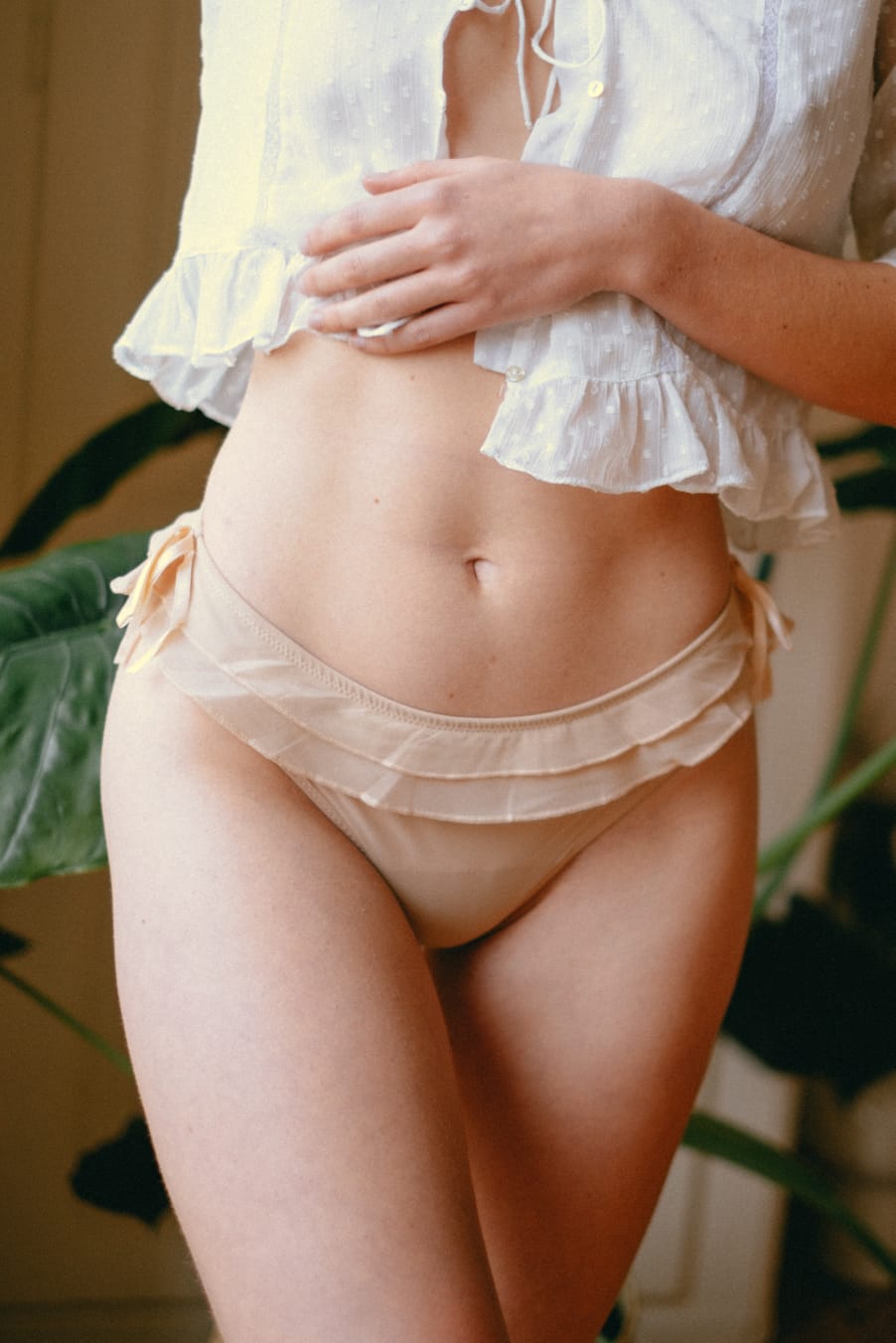It is important to bear in mind that libido is an energy. Like any energy, it is mobile and therefore subject to rhythmic changes..
The causes of a reduced libido in women can be just as varied as in men. First of all, it is important to know that the lack of desire is a consequence of something.
Some of these causes are more common:
- Stress and fatigue
- Pain during sexual intercourse
- Hormonal treatments
- The menopause and hormonal disorders.
Cause No. 1: Stress and fatigue
Libido involves many elements, both personal, relational, socio-professional and familial, and all of these elements can play a role in its loss.
As body and mind are interconnected, various psychological factors can have an impact on the lack of libido: Stress, but also generalised or non-generalised anxiety and severe depressive episodes are factors that can lead to a decrease in sexual desire. Stress is involved in the change in sexual arousal. Sexual desire tends to take a back seat to anxiety.
Cause no. 2: Pain during sexual intercourse: (dyspareunia, vaginismus ...)
This refers to pain during sexual intercourse. Example: Vaginismus, which is the fear of having pain with every penetration. Some women are affected by pain during and after sexual intercourse. In this case we speak of dyspareunia. This pain can be one of the symptoms of endometriosis. It is a pain that is felt in the lower abdomen when the woman experiences penetrative sexual intercourse. Cause no. 3: Hormonal treatments (contraception). La
La The decrease in libido in women can be caused by hormonal treatments, such as the use of contraceptives: the pill, the IUD or the implant. As they alter the body's natural hormonal cycle, the synthetic hormones contained in these contraceptives can affect libido. Cause no. 4: Menopause and hormonal disorders The loss of libido in women can be explained by the onset of the menopause. This is because oestrogen levels drop during the menopause. In some women, this sharp drop causes vaginal dryness, which makes sexual intercourse painful and thus leads to a loss of libido. A hormonal disorder can also jeopardise the female libido. Sexual desire is fuelled by the increase in oestrogen. What solutions are there to increase desire again?
The decline in libido in women is common, and knowing how to regain libido in women can seem complicated. As we have already seen, sexual desire is an energy. It is therefore normal for this desire to fluctuate in rhythm. Nevertheless, there are solutions to increase your libido and regain your desire for sex: Solution no. 1: Talk to your doctor about your contraception.
If you feel that you have less desire for sex since taking your contraceptive and your sexual desire is decreasing, it may be that the dosage of your contraceptive is not suitable for you. It is important to discuss this with your GP or gynaecologist. They will be able to advise you on contraceptives that meet your needs. Solution Nr. °2: Learn to communicate with your partner.
Even though sexuality is often considered a taboo subject, it is essential that couples talk about it. This communication allows you to talk to your partner about your expectations of sexuality and to learn about their expectations. This exchange promotes harmony within a couple. Couples therapy can also be a good way of counteracting the woman's loss of libido by opening up communication.
Solution No. 3: Start sex therapy. Sex therapy involves questioning a patient's sexual attachment and restoring contact between the two people in the couple.
- Choosing a selection results in a full page refresh.
- Opens in a new window.

